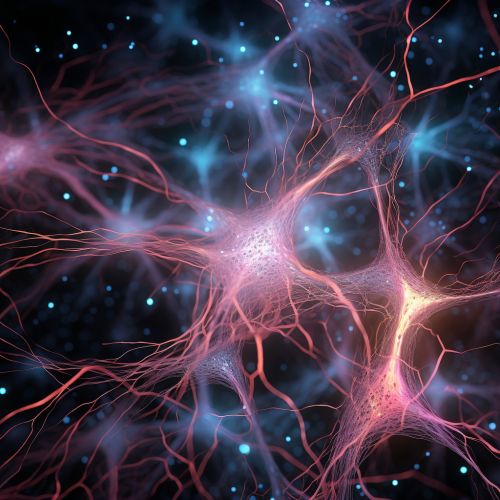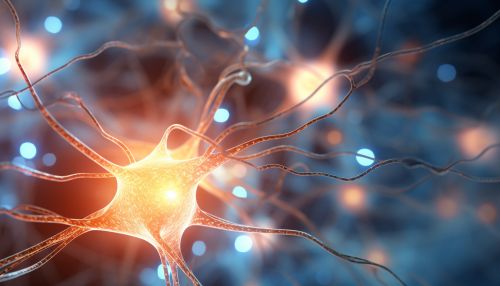Neural Basis of Learning and Memory
Introduction
The Neural Basis of Learning and Memory refers to the complex network of neurons and synapses within the brain that are responsible for the processes of learning and memory. These processes are fundamental to our ability to interact with the world, and have been the subject of extensive scientific research.
Neurobiology of Learning
Learning is a process that involves changes in the brain's neural pathways and synapses in response to experience. This process is facilitated by a type of synaptic plasticity known as long-term potentiation (LTP), in which the strength of synapses is increased.


LTP is thought to be a key mechanism underlying learning and memory. It is induced by a variety of factors, including the release of neurotransmitters such as glutamate and the activation of specific types of receptors on the postsynaptic neuron, such as NMDA receptors.
Neurobiology of Memory
Memory, like learning, is a complex process that involves changes in the brain's neural circuits. There are several types of memory, including short-term memory, long-term memory, and working memory, each of which involves different neural circuits and mechanisms.
Short-term memory, also known as working memory, involves the temporary storage of information for immediate use. It is thought to involve the prefrontal cortex and the basal ganglia.
Long-term memory, on the other hand, involves the storage of information over a longer period of time. This type of memory is thought to involve the hippocampus and the surrounding medial temporal lobe structures.
Memory Consolidation
Memory consolidation is the process by which short-term memories are transformed into long-term memories. This process is thought to involve the strengthening of synaptic connections through LTP and other forms of synaptic plasticity.
During memory consolidation, neural activity in the hippocampus is thought to be replayed during sleep, leading to the strengthening of the corresponding neural pathways in the neocortex. This process, known as systems consolidation, is thought to be crucial for the formation of long-term memories.
Molecular Mechanisms of Learning and Memory
At the molecular level, learning and memory are thought to involve changes in gene expression and protein synthesis in neurons. These changes are thought to be mediated by a variety of signaling molecules, including calcium, cyclic AMP, and various protein kinases.
One of the key molecules involved in learning and memory is the CREB protein, which is a transcription factor that is activated by cyclic AMP and other signaling molecules. Once activated, CREB can bind to DNA and stimulate the transcription of genes that are involved in synaptic plasticity and memory formation.
Neural Plasticity and Learning
Neural plasticity, or the ability of the brain to change in response to experience, is a key factor in learning. This plasticity can take many forms, including the growth of new neurons (neurogenesis), the formation of new synapses (synaptogenesis), and changes in the strength of existing synapses (synaptic plasticity).
Neurogenesis is thought to occur primarily in the hippocampus, a region of the brain that is crucial for memory formation. This process is influenced by a variety of factors, including age, stress, and environmental enrichment.
Synaptogenesis, or the formation of new synapses, is also thought to play a key role in learning. This process is facilitated by a variety of signaling molecules, including neurotrophins such as brain-derived neurotrophic factor (BDNF).
Conclusion
The neural basis of learning and memory is a complex and fascinating field of study. While much has been learned about the neural circuits and molecular mechanisms involved in these processes, much remains to be discovered. As our understanding of these processes continues to grow, it is likely that new insights will be gained into the nature of learning, memory, and the brain itself.
